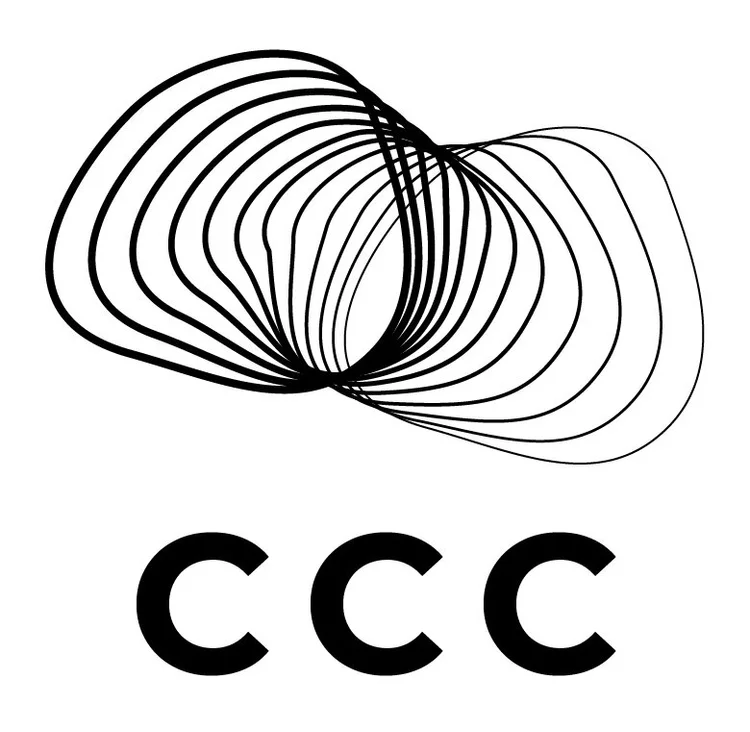Lida Pimienta’s “Get Your Coin Gurl” workshop at XSpace Cultural Centre
by Miranda Campbell
“If you don’t care about Rihanna, Beyoncé, Kim Kardashian, Amber Rose, you might as well leave.”
So began Lido Pimienta, Toronto-based artist, musician, crafter, and mother at her “Get Your Coin Gurl” workshop, held at Xpace Cultural Centre on February 20.
Directed at a female-identified audience, the workshop focused on the topics of “when to say yes, how to say no, and how to get paid” as an artist. Pimienta’s workshop addressed how patriarchal systems both lead to pay inequity for women, particularly in creative work, as well as internalized inferiority with regards to advocating for fair compensation and even one’s own self-worth.
Pimienta acknowledged that Keeping up with the Kardashians might be seen as frivolous, but if the conversation was going to focus on making money, the audience should take a serious look at how the family built an empire out of nothing. Straightforward and funny throughout, Pimienta advocated for self-confidence and being true to oneself without resorting to the “basic bitchery” of begrudging others, and particularly other women, their success.
But before Pimienta encouraged the audience to “Be Kim,” she opened her workshop by acknowledging the First Nations people on whose land the workshop was taking place, reminding attendees of “the importance of saying something when taking up space” and of being mindful of one’s own privilege even when tackling economic inequities experienced by women.
Teaching what she has learnt by doing through her more-than-a-decade of experience in art and music, Pimienta shared her personal struggles with not getting paid fairly, with abuse, with racism and sexism, and with the difficulty of talking openly about economic matters. Acknowledging that making a living as an artist is “not easy,” she shared her “several side hustles” of piecing together a living from craft fairs, curation, and grants, while suggesting the importance of treating art like any other job or business.
If art is a business like any other, how to get paid? Pimienta advocated for making clear contracts for all business transactions and not relying on verbal or email agreements, showing the audience the CARFAC website with the minimum acceptable fees for jobs in different creative industries. Other tips included banning cutesy writing styles in business communication, with a zero tolerance policy for smiley faces, serial exclamation marks or the classic “xoxo.” She preached confidence in one’s work and not being afraid of definitely pricing it (“that’s $200,” not, “umm, well, I think maybe $200?”).
When to say no? Being asked to work for free or a being offered a substandard rate should merit a respectful but firm “thanks but no thanks” without fear of missing out on opportunities. Pimienta contrasted being asked to work for next-to-no-money by an established organization with uncompensated small-scale work that someone might do to support their community or develop their personal practice.
Key to making one’s own living is also being surrounded by a supportive network and supporting others. “Don’t be Britney” (circa 2007), said Pimienta, reminding the audience of when Britney went off the rails and seemed to have no one around her advocating for her wellbeing. The workshop concluded with Pimienta leading the audience in a song about supporting other women (“Girl / When you see another girl / Walking down the street / When your eyes meet, SMILE AT HER / She is not your enemy / She is your sister”).
These kinds of frank discussions about the dollars and cents of earning a living as an artist are important—as Pimienta said, we still romanticize the lifestyle of the starving artist and often assume that making art is all fun and games.
When we don’t acknowledge the business and struggle of making a living as an artist, it’s difficult to advocate for change so that creative work can be more sustainable and more equitably spread. My Young People Making a Living in the Creative Industries project is setting out to document income and experiences in entry-level work in order to identify areas of challenge. Please take the survey here if you are 18-35 and do creative work.


